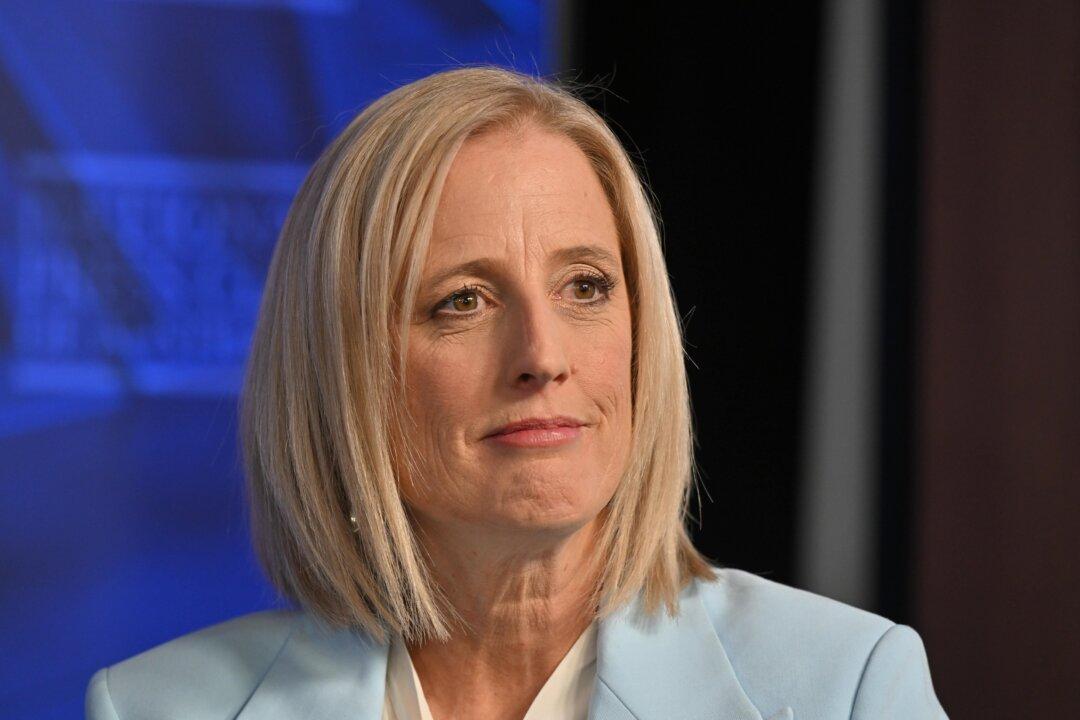Australian businesses will soon have to find ways to improve “gender equality” in their workplaces if they want to win government contracts.
In her speech to the National Press Club of Australia on March 7, federal Minister for Finance and Minister for Women Katy Gallagher outlined measures to reduce the “gender pay gap.”





